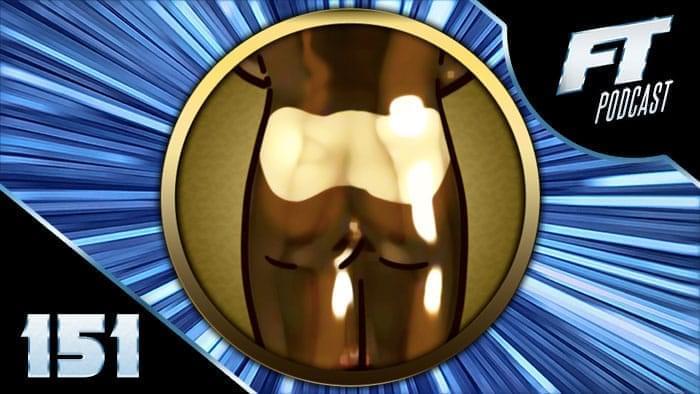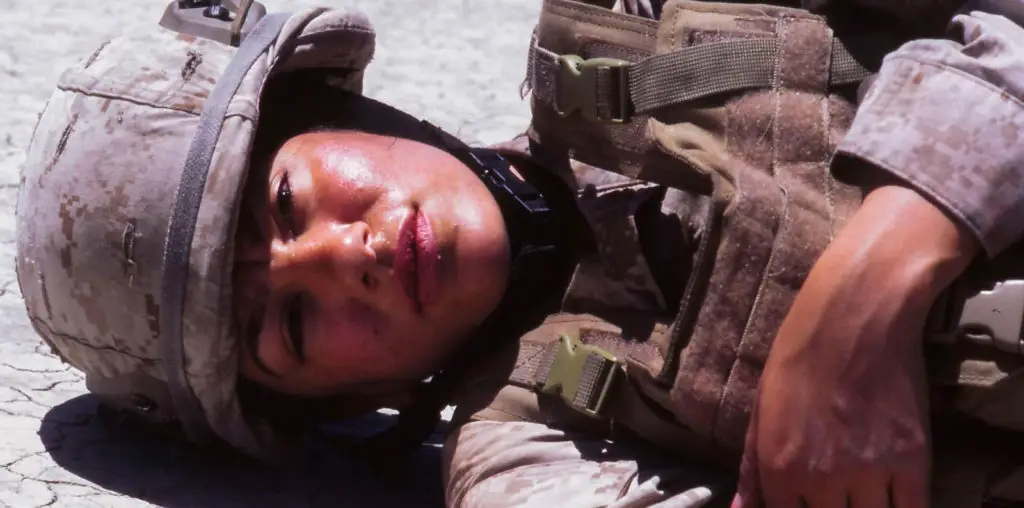
During the late 1960s, the Smothers Brothers were the unlikely center of a major controversy. Tom and Dick Smothers had gained enough popularity over the course of the decade with their mix of comedy and folk music to snag a weekly variety show on CBS. Launched in February 1967, “The Smothers Brothers Comedy Hour” was initially a typical run-of-the-mill program consisting of creaky comedy skits and less-than-remarkable musical numbers. But when the show began to incorporate topical humor and barbed musical presentations that openly challenged such hot-potato subjects as the Vietnam War, race relations, police misconduct and religion, a power struggle ensued between CBS censors and the program’s stars and production staff.
“Smothered: The Censorship Struggles of the Smothers Brothers Comedy Hour” recounts the rise and fall of this controversial program. Some of the surviving members of the show’s staff turn up for typical talking head-style interviews (a conspicuous absence is Steve Martin, who got his big break as a writer on the show), but what is truly fascinating is to experience scenes from the show itself. “The Smothers Brothers Comedy Hour” was never syndicated for reruns, so for anyone who was too young to recall the brouhaha or who was born after the show’s 1969 demise, this is a rare treat to see what the fuss was all about.
Well, there was a lot of fuss to be had. The show was blunt and often tactless in its approach to the hot-button issues, particularly in David Steinberg’s parodies of unctuous TV sermonettes. Some segments were too hip for the CBS censors to understand, such as Leigh French’s hippie monologues with comments about “tea” and “roaches.” The show’s most popular segment, the faux-political commentaries by deadpan comic Pat Paulsen, generated enough interest for Paulsen to launch his own mock-Presidential campaign in 1968.
Musical numbers were also brought on to make barbed comments. Sometimes they were achieved with gentle humor (the brothers’ rendition of the Irish ditty “McNamara’s Band” was reconfigured when Tom Smothers pointed out the lack of ethnic diversity in the celebrated Gaelic ensemble), though often they were fairly in-your-face (including the groundbreaking appearance by once-blacklisted Pete Seeger performing “Waist Deep in Big Muddy,” a clear slam at the Johnson Administration’s Vietnam policies). One number, a calypso-style performance by Harry Belafonte incorporating the TV footage of the riots outside of the 1968 Democratic Convention in Chicago, was too much for the censors and never made it to the small screen.
Tom Smothers was clearly the driving force behind the political edge to the program; his brother Dick, who played the flustered straight man in the act to Tom’s agitated ninny, did not seem to have any degree of leverage into the show’s direction. Although the ratings were high during the peak of their controversy, the CBS brass eventually could not tolerate their increasingly frayed relations with the brothers and canceled the show. A subsequent lawsuit by the Smothers Brothers against CBS over breach of contract was a pyrrhic victory for the team: their legal victory could not boost their careers, which slumped badly after their termination from CBS and never regained the degree of popularity they once enjoyed.
“Smothered: The Censorship Struggles of the Smothers Brothers Comedy Hour” is clearly reverential to the brothers and their production team, and they are happily presented as champions of free speech and anti-censorship pioneers. Needless to say, no one interviewed here passionately takes the side of the CBS Standards and Practices Department regarding TV content, or even acknowledges that the network had every right to be peeved given that the program deviated wildly from the format that was originally approved for broadcast. No one bothers to point out one fact, which was fairly obvious from the clips presented here: much of the controversial comedy was not particularly funny. The shock may have been the open addressing of topical issues in a variety show format, but a lot of the jokes and gags were surprisingly stale. Even Bob Hope’s tinny political one-liners of the era had more bite than the best of the Smothers Brothers’ outlook.
Yet “Smothered: The Censorship Struggles of the Smothers Brothers Comedy Hour” is a crucial documentary for understanding how American television moved away from the stale and safe programming of the mid-1960s into the edgier, risk-taking, taboo-breaking offerings of the late 1960s and early 1970s. Having the daring to talk about Vietnam or to bring on left-wing icons like Pete Seeger and Joan Baez took a lot of guts in an era when the mass media was still being controlled by right-wing types. Without “The Smothers Brothers Comedy Hour,” shows like “Laugh-In” or “All in the Family” (which were more successful in their political humor) would not have a precedent to take root and blossom.
The Smothers Brothers may have been flawed pioneers, but their impact on the shifting changes in American cultural perceptions need to be recalled and this film does a fine job in paying tribute to their contribution.
Disagree with this review? Think you can write a better one? Go right ahead in Film Threat’s BACK TALK section! Click here>>>

